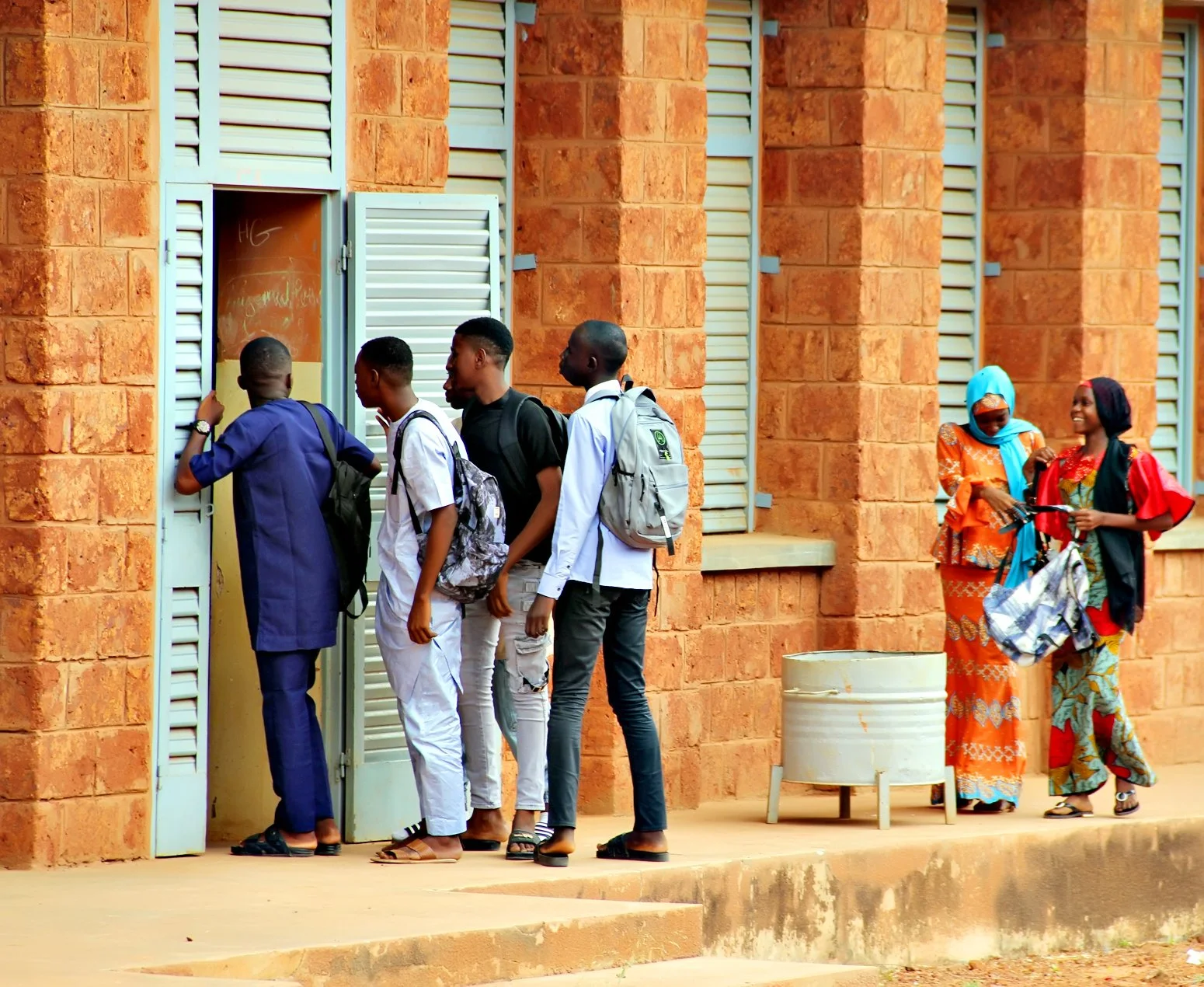The students at the school supermarket
In Niger, at each school year, private establishments are put into competition with each other in a real school market. In Niamey, where there is a wide choice of subsidized and unsubsidized private schools for all budgets, parents are increasingly exhibiting what some call consumerist behavior. On what basis do parents choose their children's school? What criteria do they really take into account? How do they rate private schools?
Regarding intellectual parents, the different criteria may be as follows: reputation, exam results, tuition fees, secularism, physical infrastructure, presence of computers and/or libraries, etc. As for illiterate parents, they mainly look at school fees, flexibility of payment and the distance of the school from the place of residence.
The majority of intellectual parents base their choice on results in national exams without taking into account exclusion or repetition rates. A school is said to be excellent when it recruits only the best students upstream, gets rid of the weak ones along the way and, downstream, brings to fruition the elements who, given their initial level, would have succeeded in any case in any other educational establishment!
Favoring only exam success rates results in a ranking in which schools welcoming more well-off students with a good academic level will always and immutably share the first places.
But can we really call schools that get rid of their weak students and keep only the strong ones “excellent”? In these schools, certain students considered less good than their peers are registered for exams as free candidates in order not to lower the success statistics and maintain their brand image.
However, a whole set of other criteria play an essential role in the evaluation of a school establishment. The educational project, the quality of the teaching provided, the training of teachers, the participation of students in school life, the atmosphere and culture of the establishment, all of this must be taken into account. The important thing is not the exterior envelope of the establishment, but the content of this envelope. Few parents, intellectuals or not, take these factors into account in their choices when ultimately it is this that will play a role in the education of their children.
What should we think, for example, of a college which welcomes an audience from modest backgrounds, which does not reduce a student to their grades and their report card, which values academic excellence as much as the human qualities of its students, which ensures gender equality, which does not eliminate its weak elements, which does everything to get all its students up to the BEPC and yet does not display brilliant scores in national exams? Is this a good or bad college?
April 12, 2014
